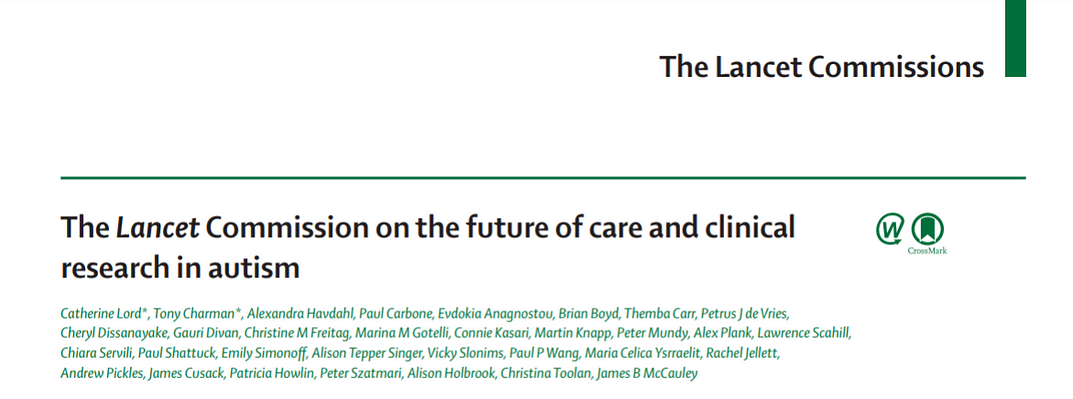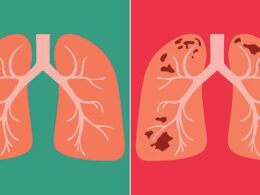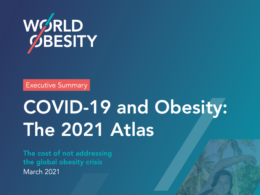The Lancet Commission on the future of care and clinical research in autism
The Lancet
Prof Catherine Lord, PhD †
Prof Tony Charman, PhD †
Alexandra Havdahl, PhD
Prof Paul Carbone, MD
Prof Evdokia Anagnostou, MD
Prof Brian Boyd, PhD
et al.
December 06, 2021
spectrum

Executive summary
Affecting about 78 million people worldwide, autism is a condition of global importance because of its prevalence and the degree to which it can affect individuals and families. Autism awareness has grown monumentally in the past 20 years, yet most striking is that much more could be done to improve life outcomes for the highly heterogeneous group of people with autism. Such change will depend on investments in science focused on practical clinical issues, and on social and service systems that acknowledge the potential for change and growth as well as the varied, complex needs of the autistic individuals and their families whose lives could be changed with such an effort.
The Lancet Commission on the future of care and clinical research in autism aims to answer the question of what can be done in the next 5 years to address the current needs of autistic individuals and families worldwide. Autism is a neurodevelopmental disorder that typically begins to manifest in early childhood and affects social communication and behaviours throughout the life span. Autism and other neurodevelopmental disorders have seen a tremendous influx of interest from the scientific community in the past 60 years. Substantial progress has been made in many areas of basic and applied science, but the limits of the knowledge and understanding of autism are also very clear. For clinical purposes, reviews and guidelines have proliferated, although the data on which many recommendations are based are typically from short-term interventions that address acquisition of specific skills that are hoped — but not yet known with confidence — to contribute to long-term gains across development. However, large gaps around key questions remain, such as what interventions and support strategies are effective for whom and when, and which interventions lead to changes beyond their proximal outcomes. Underlying these outstanding questions is a deep scarcity of information about what are the active elements or mechanisms, behavioural or neurobiological, for change. These issues are particularly important because autism affects from toddlers to elders and is almost always accompanied by other developmental, behavioural, and mental health difficulties or conditions that have major implications for lifelong outcomes.
On top of these issues is the fact that autism affects individuals and families worldwide, most of whom are receiving no support outside of their own resources. If evidence-based approaches to support the lives of autistic children, adolescents, and adults who are living now are to be developed (in contrast to the fervent hopes for neurobiological approaches in the future), knowing what works for whom, when, and at what intensity is imperative, and will allow the design of systems that are cost-effective, affordable, and scalable across the globe. Such approaches are not possible on the basis of the currently existing data, but might become possible in the future.
In response to this challenge, our Commission proposes a novel, modified stepped care and personalised health model of intervention and assessment for individuals with autism and their families. One important necessity (but not always considered in such models) is that treatment and support takes into account the preferences, needs, and costs (financial and otherwise) to individuals and families at each step. These individual differences across autistic children, adolescents, adults, and their families are nested within communities, cultures, and social systems that must also be considered. Using data from a large-scale epidemiological sample (generously shared with us by the Norwegian Institute of Public Health), we provide initial examples of how and why such a stepped care and personalised health approach could be applied to address both the core features of autism and co-occurring conditions.
Individuals with autism and other neurodevelopmental disorders are a valued part of society and represent a prototype of neurodiversity. At the same time, many individuals with autism have profound needs and are vulnerable to harm, marginalisation, and exclusion, and societal attitudes to difference, inclusion, and equity will affect their life experiences and outcomes. Autistic individuals and their families can show extraordinary strengths and persistence, patience, and perception that can change their development as well. Respect for this diversity and heterogeneity, as well as for the power of development and the possibility of change, is vital. Now is the time for optimism, with a focus on ways to make changes happen. It is a time for realism and for recognising the varied needs of autistic people, including those with severe intellectual disabilities and language impairments, and those with significant strengths in the same or other areas. It is also a time to acknowledge the scarcity of resources in low-income and middle-income countries and in some high-income countries, and to ensure that different underserved groups, such as those who are minimally verbal, women, minority ethnic individuals, and those with severe co-occurring conditions, are included. Societies in every part of the world have a duty of care to all people with autism and those who care for them, and investment in research and services needs to be targeted wisely to help them to reach better life outcomes and propel the change that makes this possible.
Because it is defined by the intersection of social communication and sensory, restricted, and repetitive behaviours and interests, autism is a relatively specific disorder. Yet, it is also one of many neurodevelopmental disorders, with which it can share many aspects. We believe that, at times, considering autism as a specific condition is important, and that at other times, recognition of the overlap with other neurodevelopmental disorders is more appropriate. In the context of individual, familial, cultural, and regional diversity, we propose that stepped, personalised models of intervention and services (based on focused research that tests them and their implementation) can change the lives of autistic individuals and those with other neurodevelopmental disorders throughout the world.
Originally published at https://www.thelancet.com












